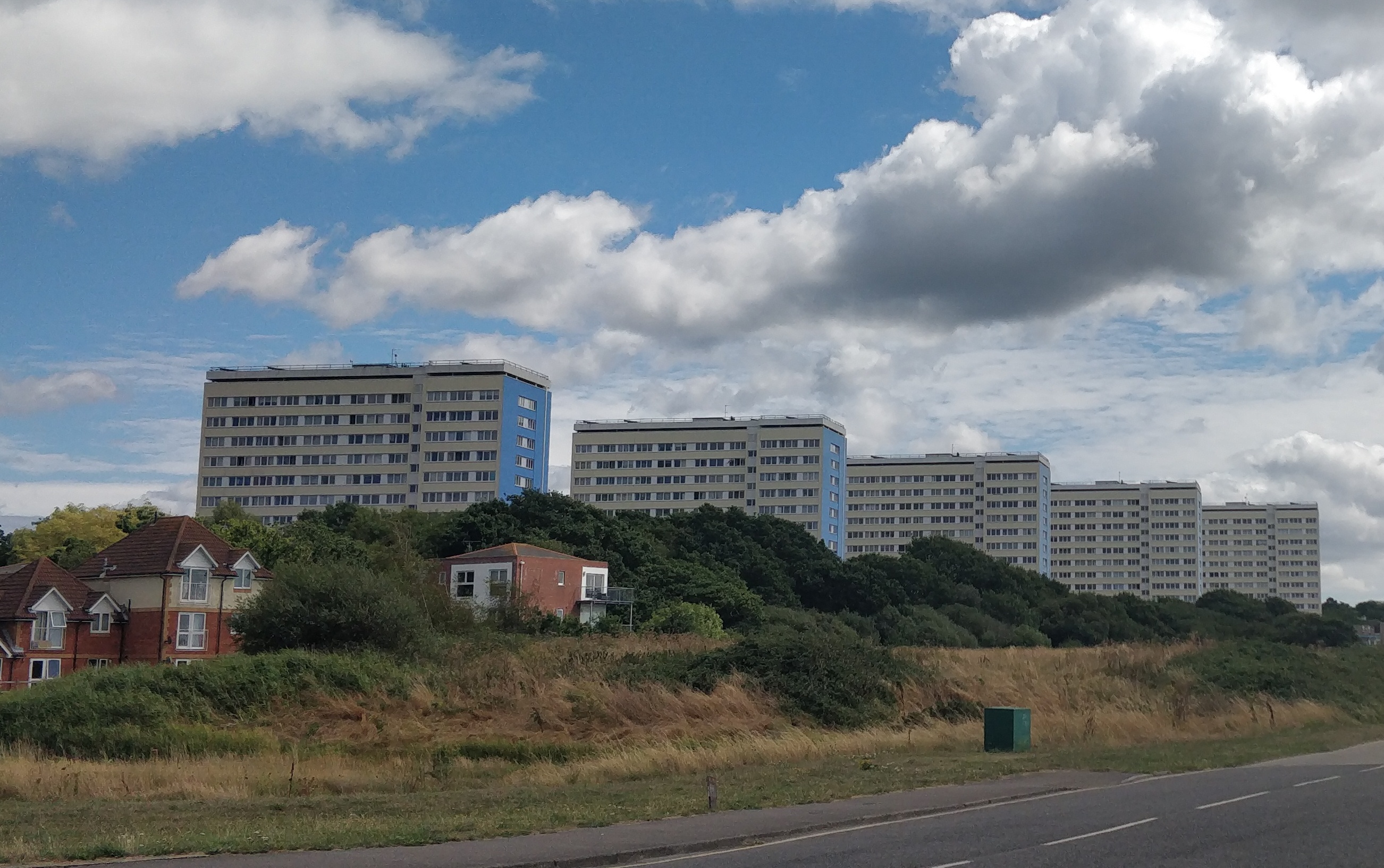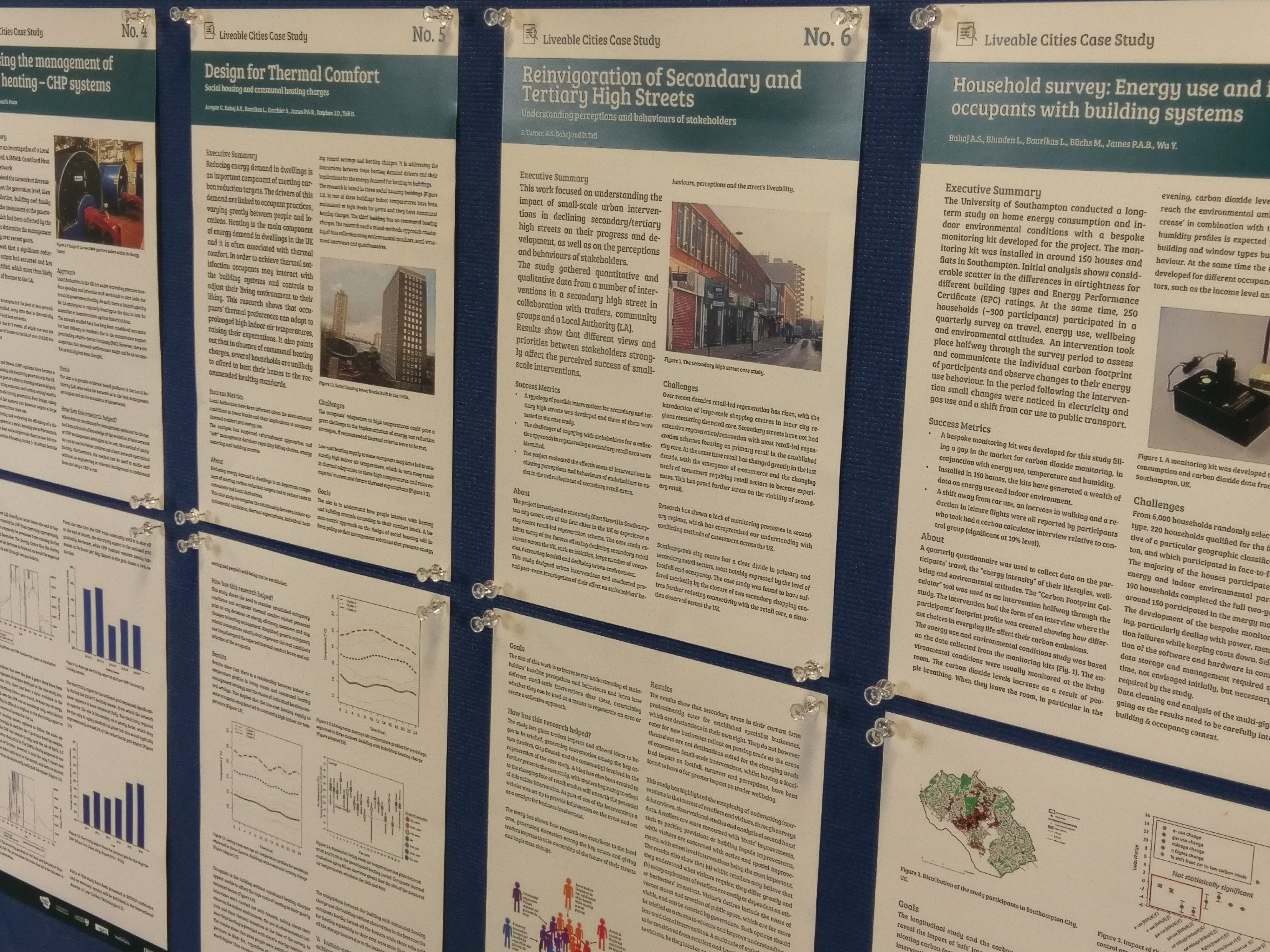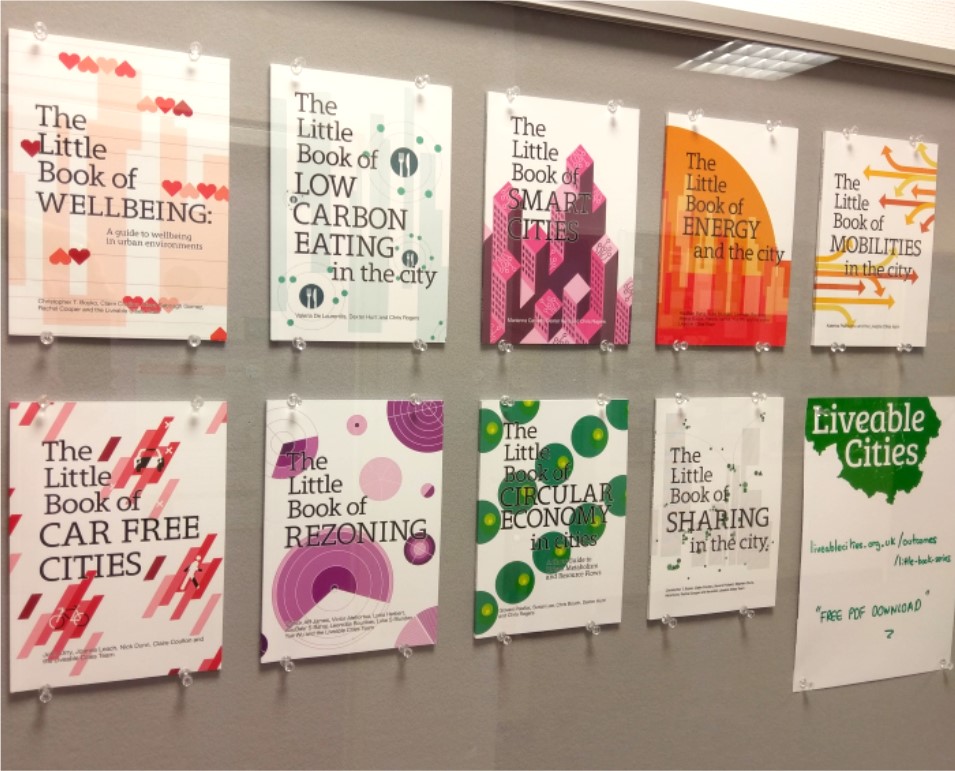Dr Ben Anderson has presented insights from his SPATIALEC EU MSCA Global Fellowship as part of an invited presentation at a BRANZ-hosted workshop on designing a future NZ domestic Energy End-Use study held in Wellington on April 4th 2019. Ben discussed the contribution of hot water and heat pump use to peak demand in NZ […]
Energy and Buildings
Dr Ben Anderson presented an update on his local area electricity demand modelling work carried out under the SPATIALEC MSCA Global Fellowship at the Regional Science Association Australasia Conference in Christchurch, NZ in February. He discussed results from a preliminary model using NZ Census 2013 and GREEN Grid project data to model small area lighting […]
Dr Ben Anderson presented two aspects of ongoing SERG work on electricity demand at two recent conferences in New Zealand as part of his SPATIALEC EU MSCA Global Fellowship. The first, Electrifying Heat: Patterns of electricity consumption in electrically heated households in the UK and New Zealand was presented at ICEERB 2018, the 8th International […]
Dr Ben Anderson presented a summary of recent ‘Energy Cultures‘ work at the a Technical Symposium: IEA Energy In Buildings And Communities, in Wellington, New Zealand on 21st November. His talk, which formed part of his SPATIALEC EU MSCA Global Fellowship work explained how the energy cultures framework could be used to understand ‘irrational’ heating […]
Monitoring includes (a) Heat Network performance (b) indoor conditions and (c) outdoor conditions. (a) Using ultrasonic flow meters we are able to measure flows and temperatures in the heat network to monitor delivered heat and efficiency of the system without disrupting water circulation. (b) Indoor variables monitored include temperature and relative humidity in bedrooms and […]
The Energy and Climate Change and the Sustainable Energy Research Group at the University of Southampton are directly involved in research and development of THERMOSS in the UK. This includes the deployment of heating technology packages in the residential demonstration sites (1) and (2) located in the cities of Southampton and Portsmouth. Both sites will […]
The 9 Case Studies showcase the breadth and applicability of the Liveable Cities research to practice and to everyday life. A copy of the case studies is available to download here: #1 Natural Capital in Birmingham. by Nick Grayson, Jonathan Sadler, James Hale, Martin Locret-Collet and Chris Bouch #2 Energy, Transport and Waste in Birmingham: […]
Following the roadshows and a successful closing event in the House of Lords, the Liveable Cities – Little Book series are now available online to download as PDF. The Little Books aim to be easy to read and accessible in order to inform the public about some of the key research outputs and the main […]
Introduction The THERMOSS project response to the 20% primary energy consumption reduction targets set by the 2012European Energy Efficiency Directive (EED), which calls for effective and wide-scale building heating and cooling systems upgrade strategies. Such strategies will only be successful if they are based upon the right combination of technology innovation and interventions, industrial commitment […]
SERG is part of a team led by UCL to deliver the new GB Smart Meter Research Portal (SMRP) with funding from the UK Engineering and Physical Sciences Research Council. SMRP will provide a secure, consistent and trusted channel for researchers to access high-resolution smart meter energy consumption data, which will facilitate innovative energy research […]









